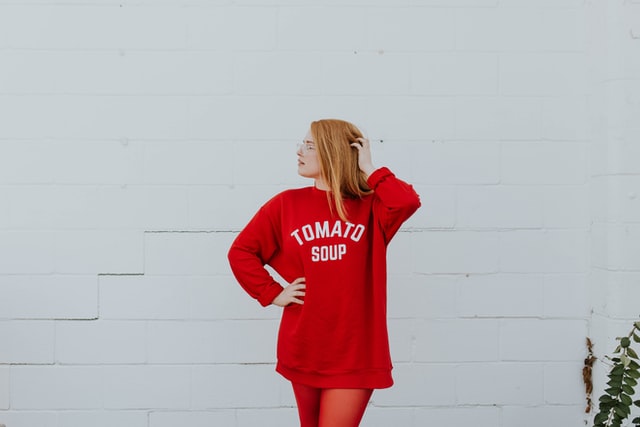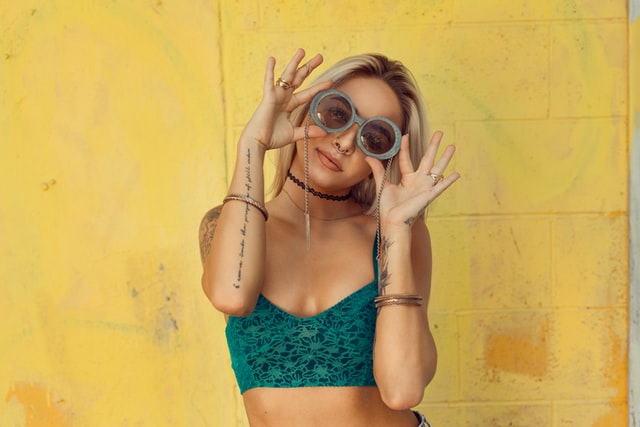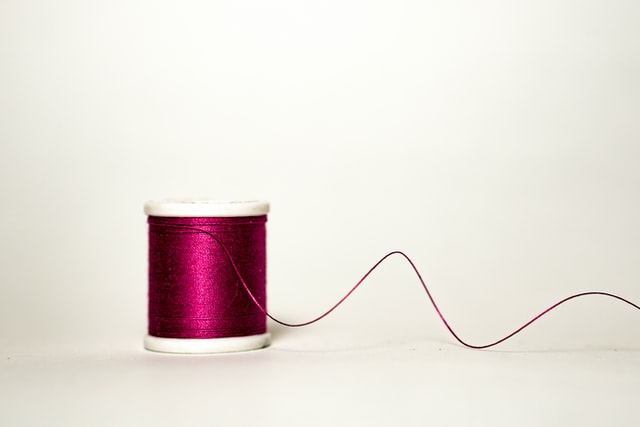Interview with Andreas Kurz – Global Fashion Consultant
Akari Enterprises LLC – California, United States
By: Kohan Textile Journal
About Mr Andreas Kurz and Akari Enterprises, history and success story.
I started Akari Enterprises in 2006, after having worked in the fashion industry for 20 years for Hugo Boss, Versace, Diesel, Ralph Lauren and 7 For All Mankind.
I am originally from Germany, but studied in France and also spent 2 years on a training program in Japan and since 1995 I have lived in the US, first in NYC and now in LA and speak 5 languages fluently.
Most of my experience is in taking fashion companies global and connecting them with the right distribution/license/franchise partners, but I am also providing M&A services and do Executive Search.
Originally, I set out to work with US/Canadian brands for their expansion into Asia, but now I work in all directions: American companies for Europe and Asia, European companies for America/Asia and Asian companies for Europe/Americas. After 35 years in the fashion business I have thousands of excellent contacts all over the world.

Up to a year ago most of my international work was focused on connecting brands with distributors, but since Covid hit, more and more companies made a big shift towards more DTC. I help these companies and also the digitally native companies with their international expansion. As you are aware, this is the fastest-growing part of the market right now.
I have the privilege of working with Global-e, the leader in the cross-border business. I introduce Global-e to companies that have a big potential to take their brand global without having to make any of the investments themselves.
Nowadays, it’s all about the customer experience and if you can make it very easy for a consumer in a foreign country to navigate your website (language), show the final prices (in the local currency and with shipping/duties) included and offer the country-relevant payment methods, you increase your conversion rate tremendously. That’s what Global-e does.

How do you evaluate the fashion and textile industry in the USA? And pandemic effects on it
The fashion industry in the US had a very steep learning curve in 2020. It was a real “adapt or die” scenario and still is. Just look at the many reputable companies that have gone Ch.11 and/or were sold for much less than they were worth just a year ago.
With so many stores being closed and many forever, fashion companies need to adapt very soon to the new normal: more focus on on-line shopping, new ways of communicating with their consumers and delivering product. Wholesale showrooms are now mostly on-line and trade shows have gone digital.
It must be really hard for designers to have their ideas put into actual samples/production with fewer touch points and people physically being around. Our industry is still very hands-on and especially in the premium end of the market, how do you convey the richness of a fabric or the fit of a style without physically touching or seeing it?
To give you an example of how fast things change: A year ago, Airinum, a Swedish company, retained me to help them find international distribution partners for their breathing masks. Although this was kind of an unusual assignment for me, I took it on as I realized the quality and performance of these masks which filter most anything out of the air (including smoke and pollen) and look very stylish. The problem was that a year ago, nobody wanted to wear masks (except the Japanese, and in Japan I actually found a distributor for them).
Three months later, I was inundated by calls and now Airinum is constantly sold out and they certainly don’t need me anymore promoting their products!

As a textile and fashion Expert, how do you evaluate fashion industry in the Middle East and Africa and its potentials for Future.
I must admit that I have very little knowledge on the production side of things, so I cannot say much on the subject of the fashion industry in MENA. What is sure though is that especially Africa has huge potential, both on the production side and then also on the consumption side, like when China used to be the manufacturer of the world and has not turned into the biggest consumer. So I see a big future for some African nations.
COVID 19 shows us we should rely more on sustainability and green products, how we can improve sustainability in fashion and textile industry?
When the idea of sustainability started there were only a handful of companies that took it seriously, like Patagonia, or Ecoalf, but today sustainability is a given: at least a part of the collection now has to be sustainable and companies are trying hard to get the certifications of the various institutions, whether it’s the B certification, the “grüner Knopf” or other.
Many big companies like Prada, Tommy Hilfiger and others now have dedicated sustainability managers, that take care that not only the materials used are sustainable but that the whole company is becoming carbon neutral. I think VF in Switzerland is a very good example of that. They have sustainability in all aspects of how their building is constructed, heated and lit and how the employees operate. In California/MENA/Africa shouldn’t all buildings be able to collect enough solar energy to keep them running?

On the sustainable textile material side, I am honoured to also work with a leader in its field: G-Loft. This Austrian company has been in business for 70 years and is a market leader in sleeping bags/padding on the professional side for police, military, post office workers.
Since 5 years, they have developed an Eco Power Line with a recycled, mix of recycled and hemp and also a biodegradable material with the same thermal performance as duck down and good for until -60degrees Centigrade.
There is really no need for goose or duck downs with the often involved animal cruelty. Brands like Odlo, Fjällräven and Black Yak already use G-Loft in their jackets and shoes.
Obviously, the most sustainable thing is not to buy, or to repair rather than to buy new, or to buy used. When you look at the market trends, the fastest-growing segment of the market is the second-hand market. Look at Momox, Rebuy or Vinted. Giving your clothes a “second home” is really also very sustainable.
We all need to rethink out attitude towards fashion/clothing and realize how much water, energy, chemicals, etc it takes to make a simple T-Shirt and how easy it is to throw it away, not considering the tons of clothing ending up in landfills each year.
On the bright side I see that the consumer has become more discerning: brands have become less important than what the company/product stands for, how it is made and how employees and vendors are being treated. Your customer can be your biggest advocate or your biggest enemy with the help of social media. In this context, I can see that even small companies and start-ups have a great chance (just look at Gymshark in the UK) to succeed as long as they are true to their mission and don’t deceive their customers.
Living with the daily tragedies of Covid, failing businesses and lost jobs around us will be discouraging to many, but some take this as a chance to regroup, focus on what they stand for and invest now, for a better future.

























